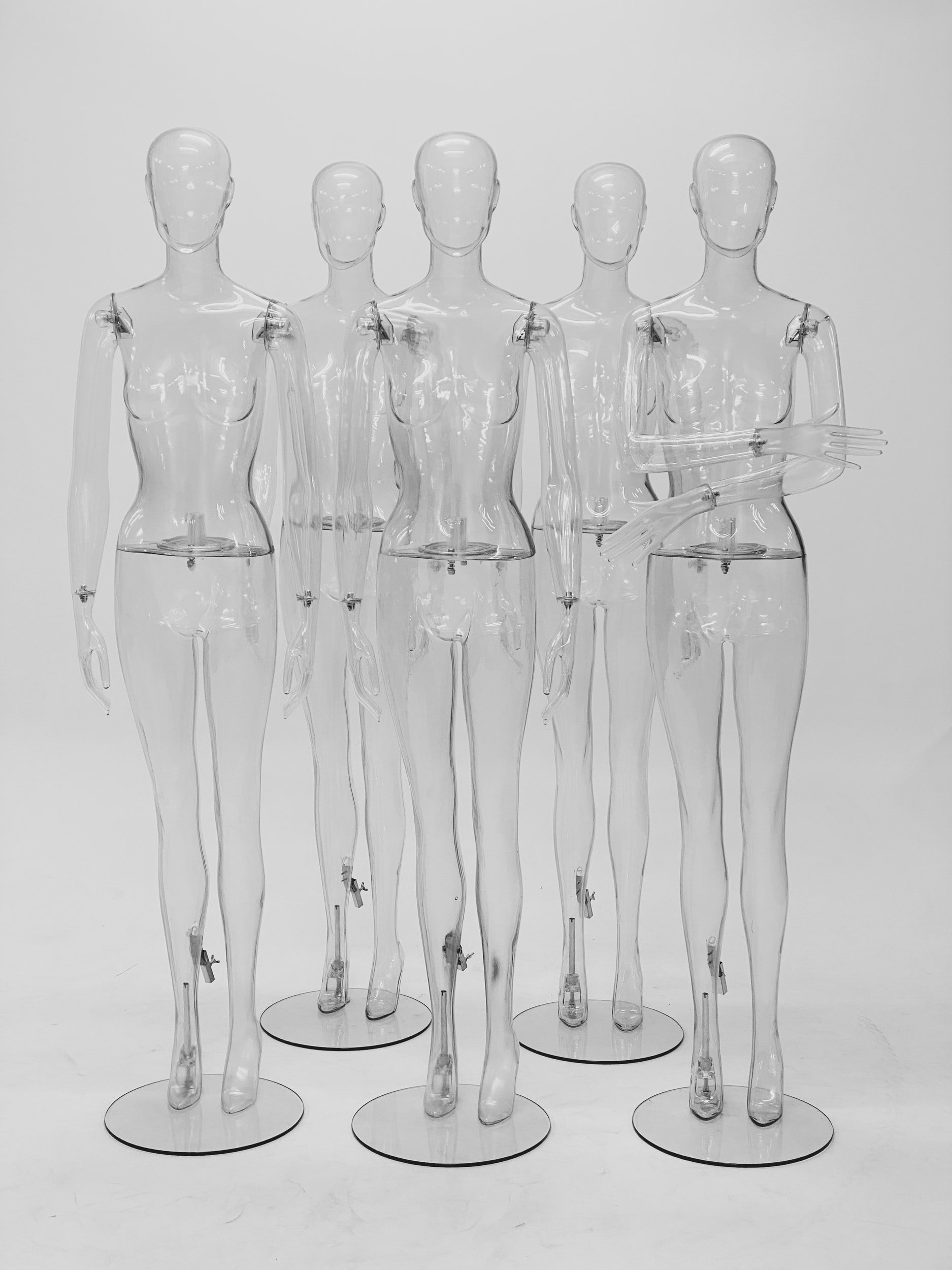Everyone needs healthcare. Everyone gets sick and is vulnerable to illnesses or diseases, and everyone needs regular check-ups. Regardless of gender or sexual orientation, healthcare is essential for us all.
Discrimination in healthcare settings can endanger the lives of the LGBTQ+ community who don’t have access to or are denied adequate healthcare. The Affordable Care Act prevented healthcare providers and insurance companies from refusing someone healthcare based on discrimination. But, policymakers continue to add changes to this.
You never want to be in a situation where your relationship while being HIV+ is an excuse for your doctor to refuse you HIV medication. Trans men and women should not have their mental health issues ignored or routine medical care denied due to personal biases of providers. If things do not change regarding healthcare within the LGBTQ+ community, large portions of our communities will continue to be too exhausted, afraid, or at risk to seek treatment, or worse; entirely denied care.
Here is how discrimination affects the LGBTQ+ communities.
























